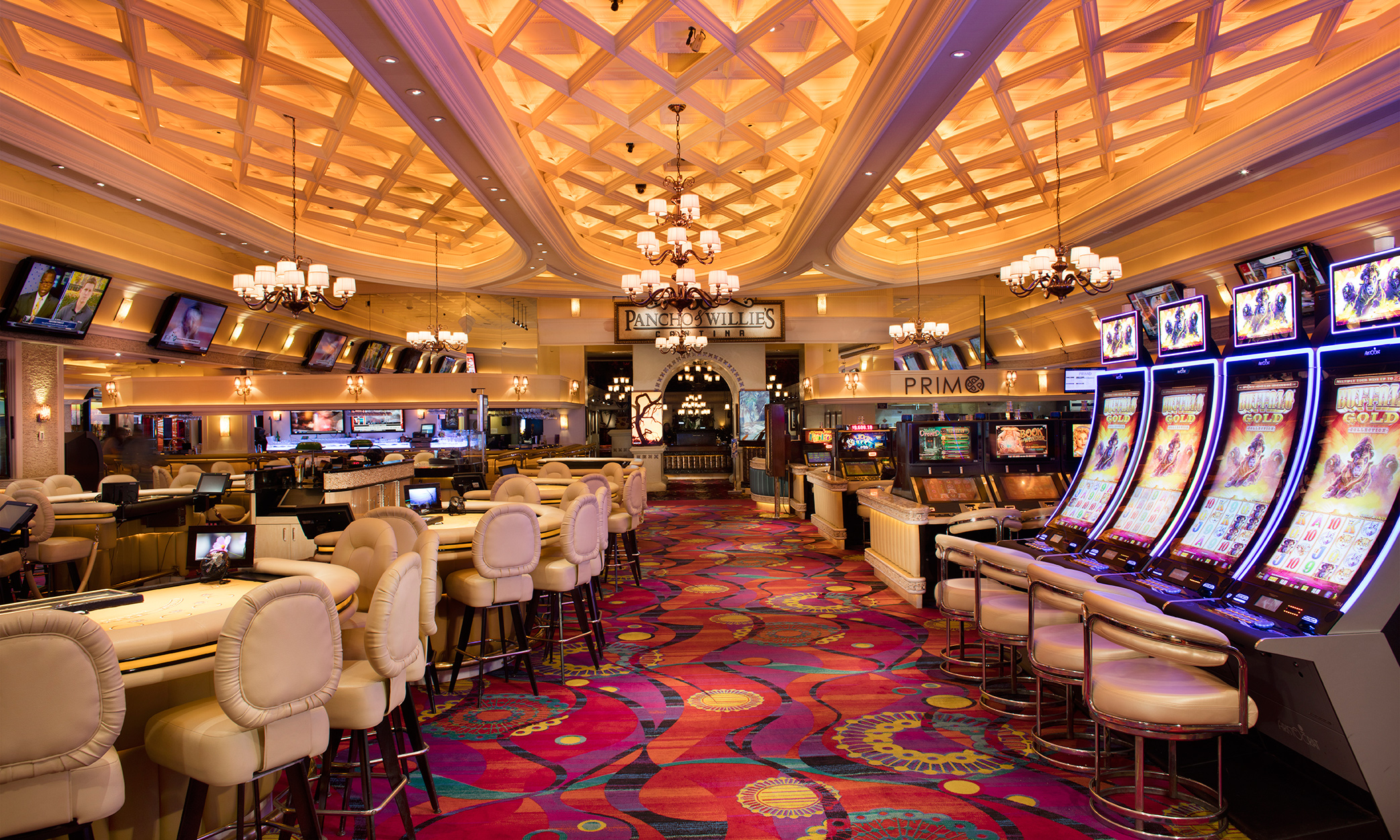
Casino games have captivated players throughout history, progressing from easy diversions to sophisticated forms of entertainment that blend fortune, strategy, and entertainment. From the historical origins of gambling in cultures like ancient Mesopotamia and Rome to the glitzy corridors of current casinos, the journey of these games shows much about human nature and our connection with chance. As cultures blended and technology has advanced, casino games have evolved, reflecting societal changes and innovations in gameplay.
The earliest forms of gambling likely included elementary dice-based games and betting on the outcomes of sports competitions. Through the years, these primitive activities grew into more complex games like table games, the roulette wheel, and the myriad slot machines that fill the premises of casinos today. Each period brought its distinct regulations, visual styles, and sociocultural significance. At present, casino games persist in evolving with the rise of internet-based platforms, enabling players from all corners of the globe to participate in a common experience, further blending the traditional with the digital age.
Ancient Roots of Gambling Games
Gambling activities have roots that extend back to old societies, where gambling was profoundly embedded in cultural practices and cultural customs. The initial known forms of betting emerged in ancient Mesopotamia around three thousand BC, involving simple dice activities made from bone bones. These primitive games laid the foundation for more advanced gambling games, showing human beings’ instinctive desire to pursue wealth and entertainment through luck.
As civilizations progressed, so did their gambling interests. In ancient Chinese culture, around 2300 BC, tiles were found that looked like primitive basic forms of a lottery game game. More structured forms of betting arose in the ancient Roman Empire, where games of luck were a common recreation, often occurring in community gatherings. The Romans developed various betting games, which entailed dice and table activities, showing the pervasive nature of betting across different economic classes.
With the flow of ages, these primitive activities shaped the evolution of contemporary casino activities. In the Middle Ages, playing card games emerged prevalent in European culture, paving the way for the organized gambling venues we know today. The change from informal betting to formal gambling in pubs and private homes marked a significant shift in how people engaged with activities of luck, leading to the subsequent establishment of casinos as dedicated venues for betting.
The Emergence of Modern Gambling Industry
The late 1960s and 1970s marked a significant transition in the realm of casino games, fueled by technological progress and shifts in cultural attitudes towards gambling. The emergence of personal computers and the internet revolutionized the way gamblers interacted with their favorite games. Online casinos emerged, enabling gamers to enjoy classic casino classics like poker and blackjack from the comfort of their houses. This emerging digital landscape not only expanded access to gambling options but also attracted a newer demographic who found the convenience and diversity tempting.
As digital gaming gained popularity, so did advancements in casino tech. The creation of sophisticated programs and graphics changed conventional gambling games into immersive adventures. Gamblers could now connect with live dealers through live streaming, bringing the vibe of physical casinos directly into their houses. This fusion of live gaming with online platforms created a new hybrid model that enhanced the social aspect of playing, allowing it possible for people to connect and compete with others around the planet.
Furthermore, the emergence of gaming on mobile devices substantially changed the casino landscape. With the widespread use of smartphones and touch devices, players can enjoy their favorite gaming options at any location, anytime. Mobile applications offer a vast array of options tailored for mobile screens, serving the dynamic lifestyle of contemporary gamers. This easy access has resulted in rising engagement in gambling, contributing to the surge of the gaming industry. As a result, the outlook of the gaming industry continues to progress, adjusting to technological advancements and changing consumer preferences.
The Impact of Technology on Casino Games
Technology’s advancement has greatly changed casino games, improving the overall experience for players for gamblers globally. As the internet emerged, online casinos emerged, allowing players to play their preferred games from the safety of their own homes. This change not only made casino games more available but also expanded the variety of games available, as online platforms could offer many different versions of traditional games without the physical constraints of brick-and-mortar establishments. nohu90
The rise of mobile technology further transformed the casino gaming landscape. With the proliferation, players can to play casino games whenever and wherever they want. This mobility has resulted in the development of dedicated mobile applications and optimized websites that offer smooth gaming experiences. Additionally, innovations such as live dealer games have brought the authentic atmosphere of a casino into players’ homes, connecting between physical and online gaming.
Moreover, advancements in artificial intelligence and virtual reality are paving the way for the next generation of casino games. AI enhances game design and player interaction, creating tailored experiences based on user behavior and preferences. Meanwhile, virtual reality provides immersive environments where players can interact in a virtual casino environment, making the gaming experience more engaging and lifelike. As technology continues to evolve, the future of casino games looks promising, filled with limitless opportunities for innovation and entertainment.
